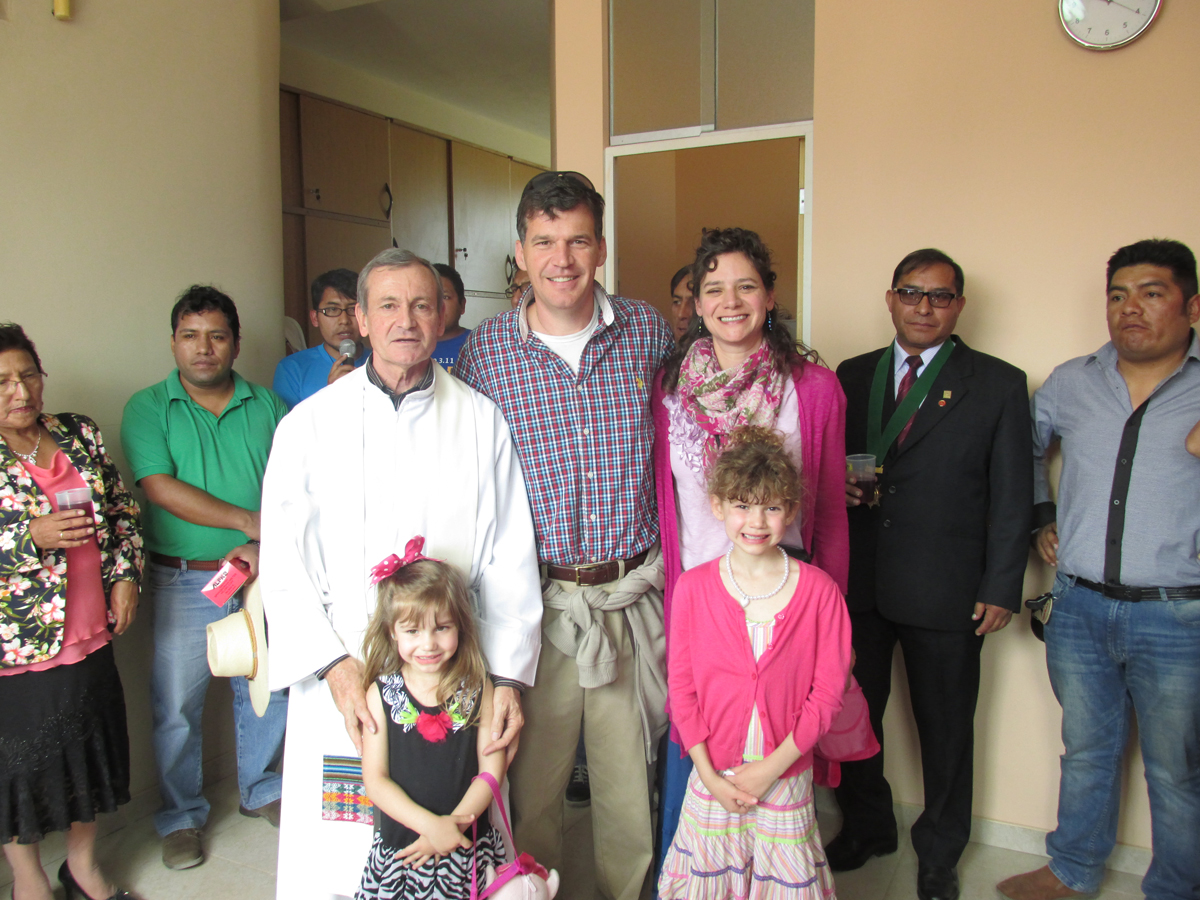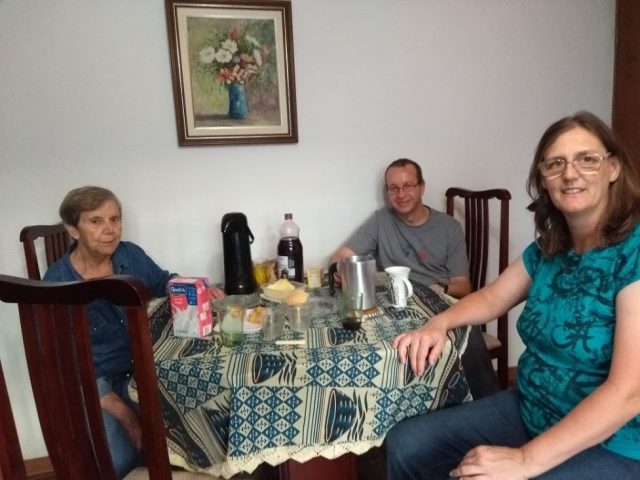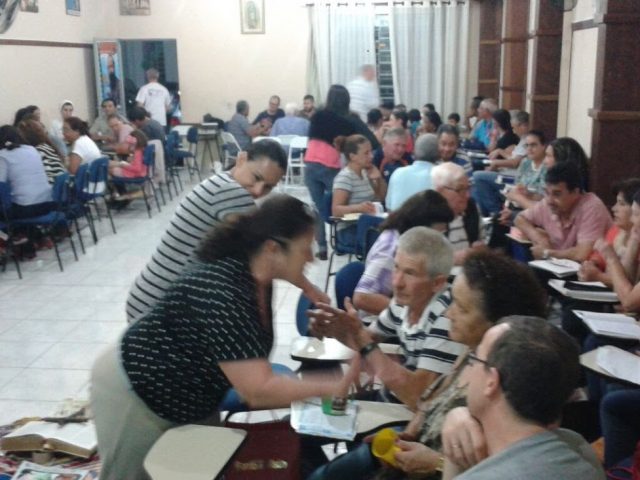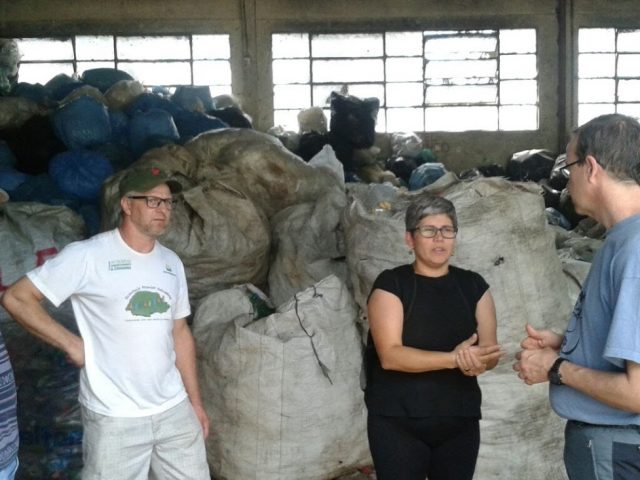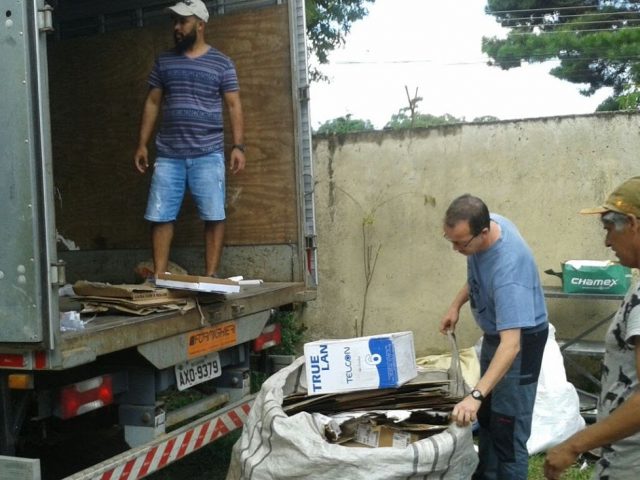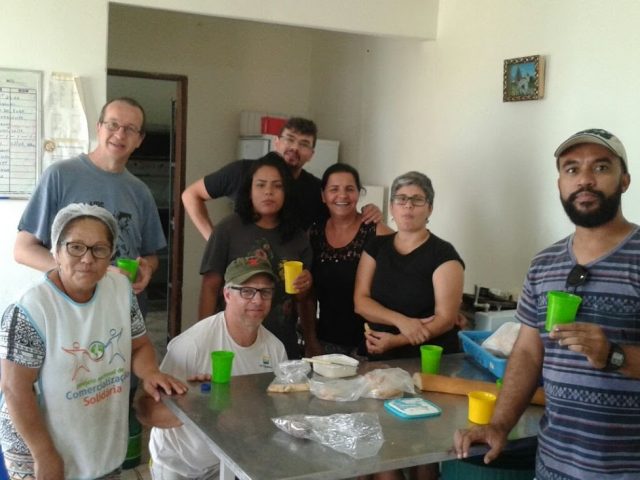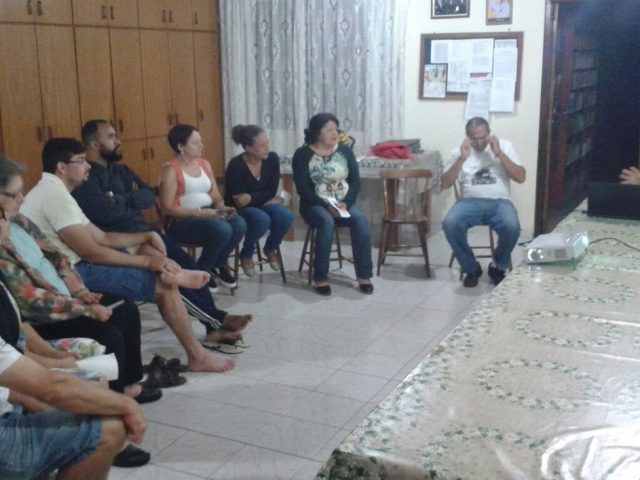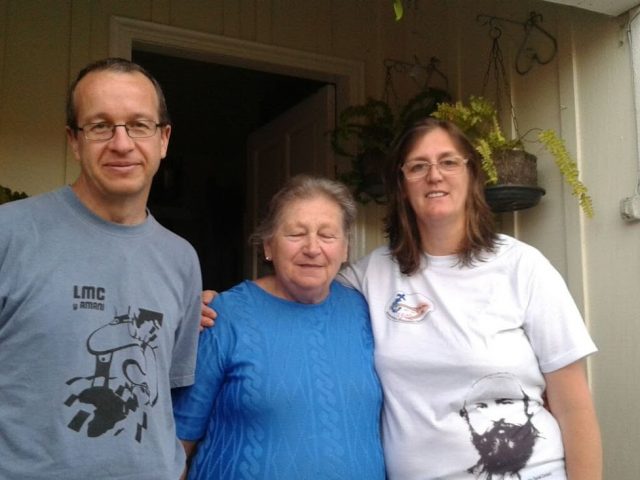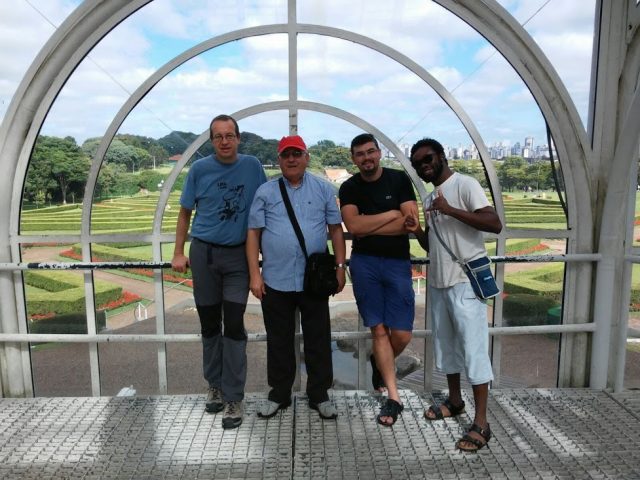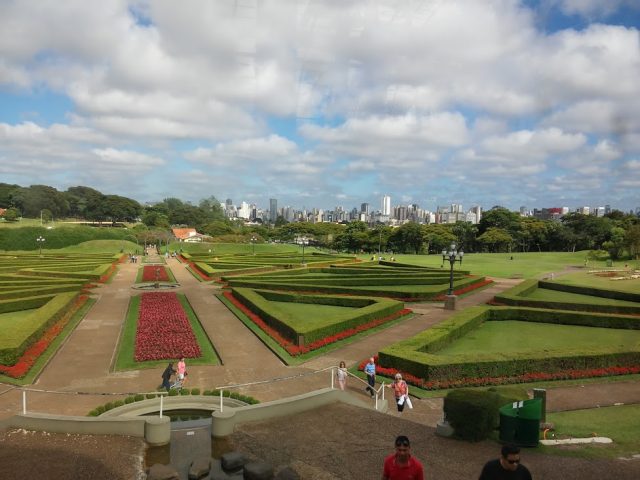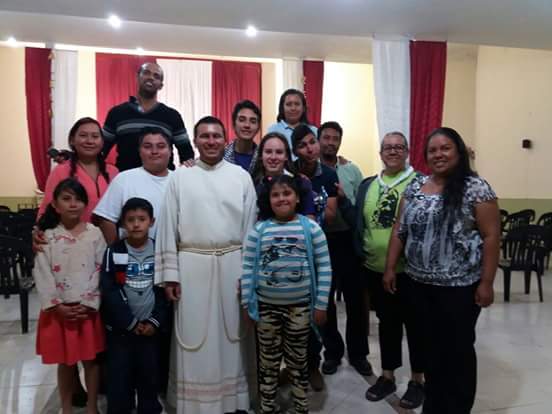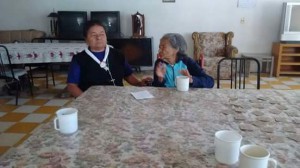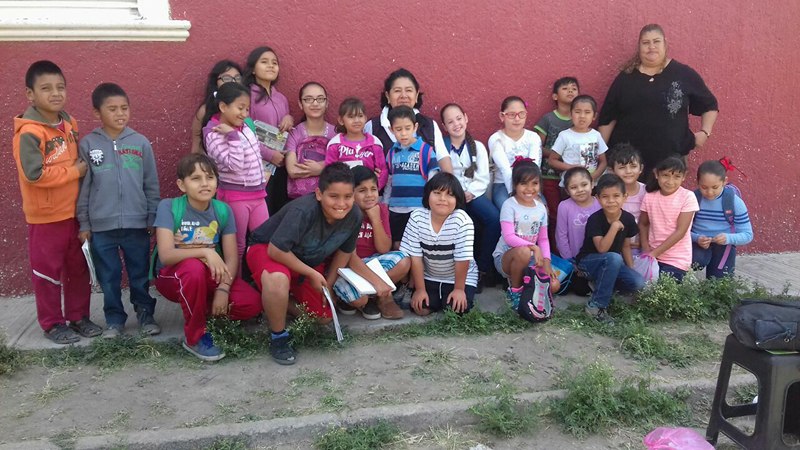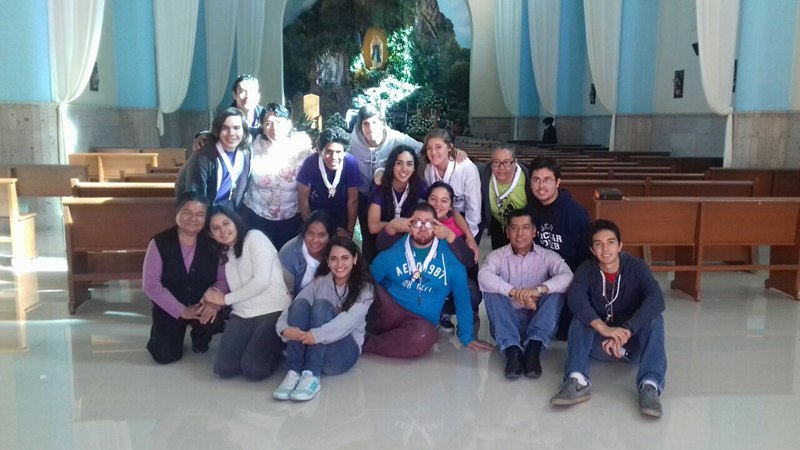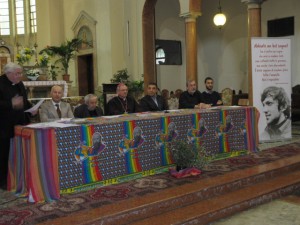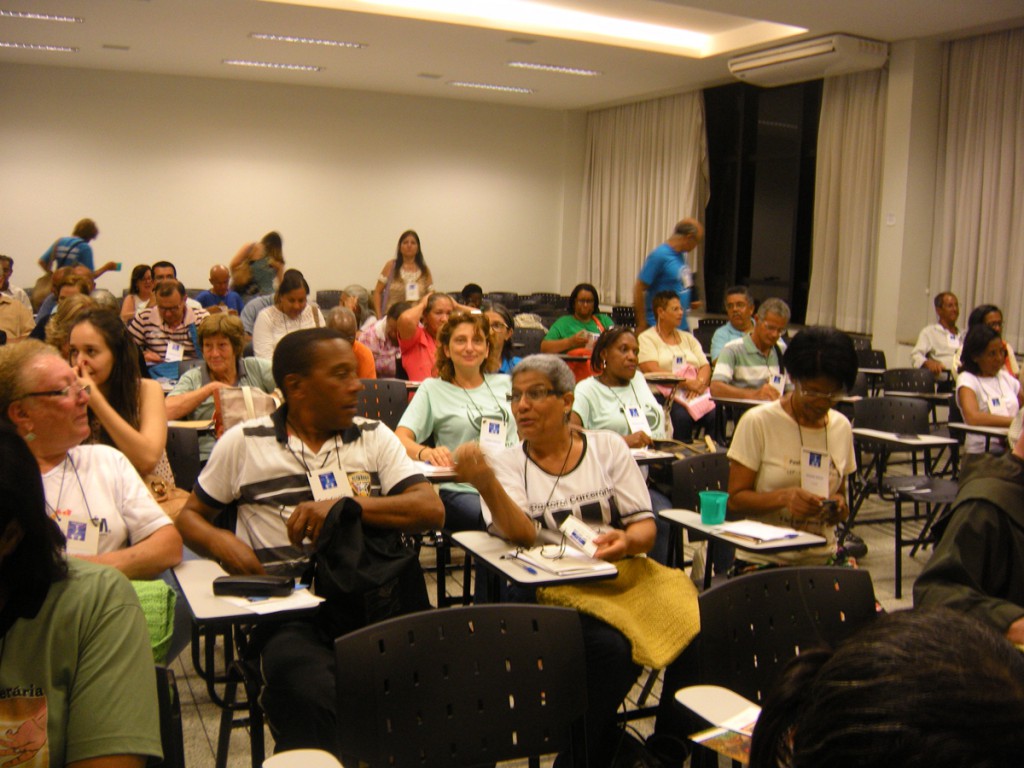
From 22 to 24 of April, I participated in Uberlandia, a city of Minas Gerais, in the Regional Prison Pastoral Assembly, an annual meeting that brings together all representatives of the State of Minas Gerais who work in this ministry. The theme was: Ecumenism, Justice and Mercy.
A justice who is the mother of peace, justice that is done with Mercy and Truth, justice is not only done with reason, not only with the heart, but Justice which is reason and heart together.
Justice often suffer from a stifling bureaucracy, old and conservative, a corruption that is evil in the world, who forgets to be restorative, seeking the good of all, to be punitive and elitist. There is an African proverb that says “in the trials you should go with a sewing needle and not with a knife to cut”, a justice that works to bring the lost humanity, even when you are guilty, because only through an act of mercy and not of condemnation will come the change, life and hope. If I did not believe it, I could not do my missionary service in the Prison Pastoral Care, where three times a week I meet the prisoners of male and female prison. It is my daily Gospel, where the wounds of guilt bleed and cause pain to whom committed the crime and to whom received it: “Forgive us our debts, as we forgive our debtors”.
To know how to forgive, to listen, through a journey that is done together, guilty and victim, through a reconciliation that completely changes your life, the weight of guilt and the weight of hatred.
In the days of the Assembly, I strongly felt my commitment to this path, as well as my colleagues who volunteer in prisons. None of us receives a salary, or admiration from people, on the contrary, they see us as “friends of the bandits and vagabonds” because the prisoners are considered the world’s waste, an evil to be eradicated rather to recover.
Everything we do is the result of our passion and our conviction of faith for a prison which can educate and not just punish, which can be more dignified and respectful, who knows how to create mercy and peace.
Brazil ranks fourth among countries with the highest number of prisoners in the world, after the United States, Russia and China. Human rights are not welcome in Brazilian prisons and other prisons in the world, this is also our “struggle” for full recognition.
Overcrowding, nonexistent sanitation, mice make detainees company, physical and psychological violence, illegal activities. All this happens when you visit prisons, where humanity and legality have no meaning in a complete contradiction with a structure create to rebuild and secure these values. These are the reflections, proposals and commitments we talked in our meeting, which encouraged and inspired our YES to this pastoral, remembering that there is no crime or sin that can eliminate man from the heart of the Merciful God.
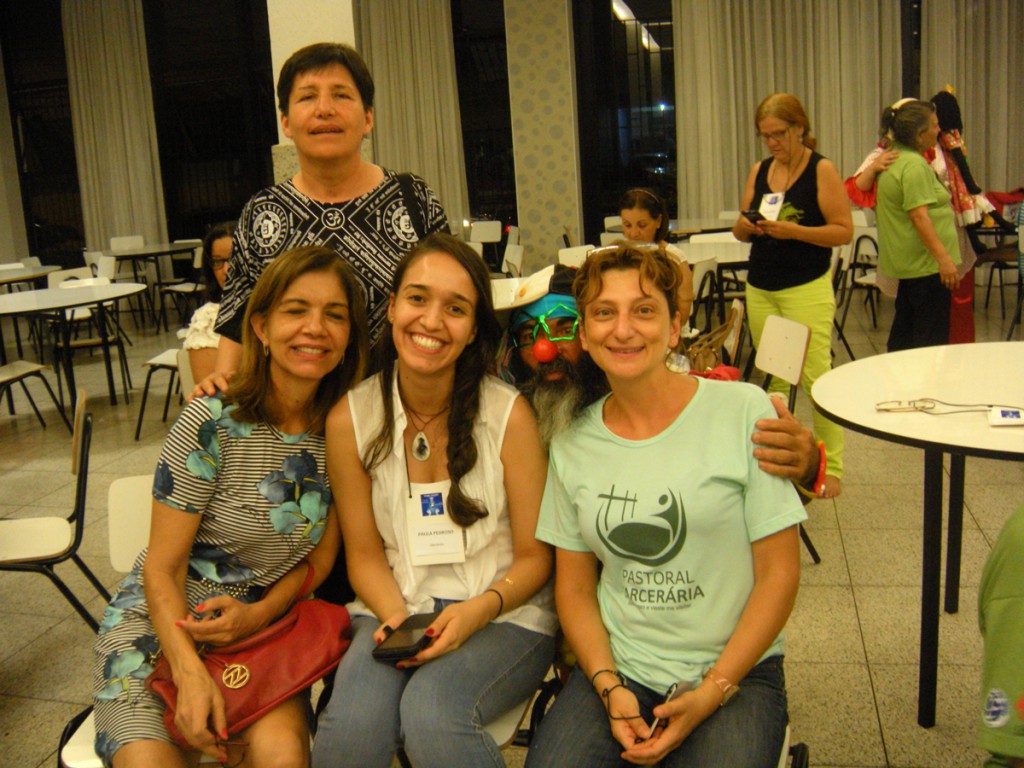
Emma, CLM




